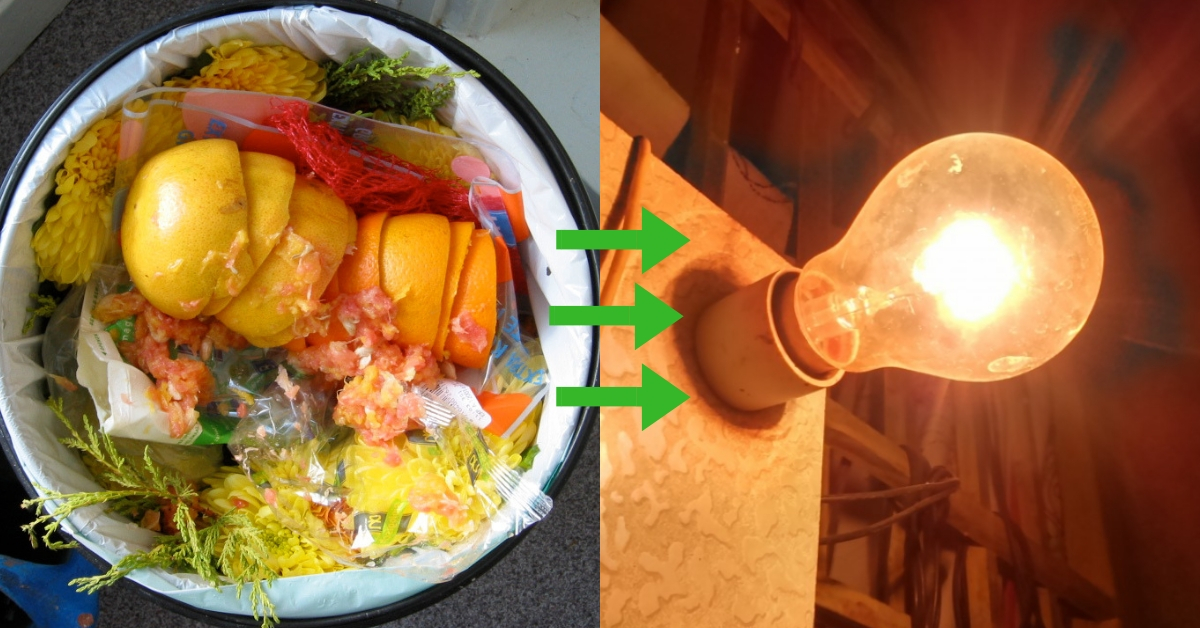Garbage to Gold: Thane Set to Generate Electricity From 600 Tonnes of Urban Trash!
In a first, the city is all set to turn its waste into gold!

Did you know that Thane generates 900 tonnes of waste per day, of which, about 600 tonnes is wet waste?
In a first, the city is all set to turn its waste into gold!
How?
By producing electricity from it!

According to an NDTV report, the Thane Municipal Corporation (TMC) will now ensure that the city’s biodegradable waste does not exhaust landfills. Instead, this waste will be deposited at a waste-to-energy plant to generate power.
Speaking to the channel, Manish Joshi, TMC Deputy Commissioner, Solid Waste Management, said, “The TMC officials have been exploring several options to treat the waste scientifically, and one of the options that we narrowed down is the waste-to-energy plant.”
He added that the plant has already received a nod and is in the process of being set up. Moreover, it will be developed on a plot close to Daighar village.
Expected to start functioning from early 2020, the plant will generate energy from the treatment of waste to the tune of 14 megawatts. This will then be used by the Maharashtra State Electricity Board (MSEB).
In the initial phase, the plant will treat 600 tonnes of wet waste, which would be increased to 800 tonnes after a few months.
This is the civic body’s measure to comply with the Solid Waste Management Rules, 2016, which stipulate that every civic body must treat its wet garbage.
Curious about the process the plant will use to generate power?
Well, it will leverage the power of microbes!
According to the report, the plant will use the anaerobic digestion process to treat waste and produce biogas where micro-organisms will break down biodegradable material in the absence of oxygen.
The first step is to screen the waste and identify organic waste. Once the waste is shredded, it will be taken to the digestion chamber, where it would take around 20 days to generate biogas.
This organic-waste generated biogas is channeled through a valve, which can be used for cooking, and even be converted to electricity through combustion.
Read More: Karnataka Students’ Innovation Uses Rainwater to Generate Electricity From Highways!
TMC is ensuring that even the residue doesn’t go to waste and has decided to make fly-ash bricks and fertilisers from it.
Emphasising the benefits of the plant, Joshi said that it would reduce waste in landfills as well as eliminate methane emissions from the landfills, thereby avoiding environmental degradation.
This looks like a promising measure that could help the 18-lakh population in the city tackle the problem of waste management.
Let’s hope that it goes as planned!
(Edited by Shruti Singhal)
Like this story? Or have something to share?
Write to us: [email protected]
Connect with us on Facebook and Twitter.
This story made me
-
97
-
121
-
89
-
167
Tell Us More
We bring stories straight from the heart of India, to inspire millions and create a wave of impact. Our positive movement is growing bigger everyday, and we would love for you to join it.
Please contribute whatever you can, every little penny helps our team in bringing you more stories that support dreams and spread hope.



















